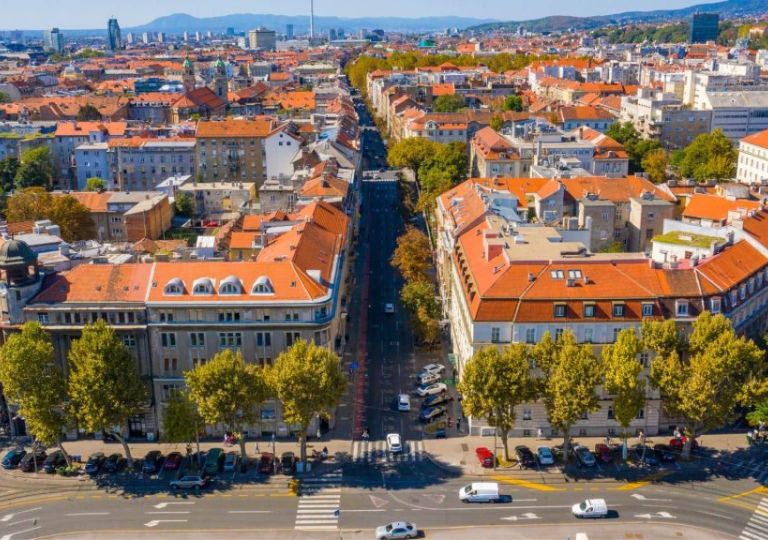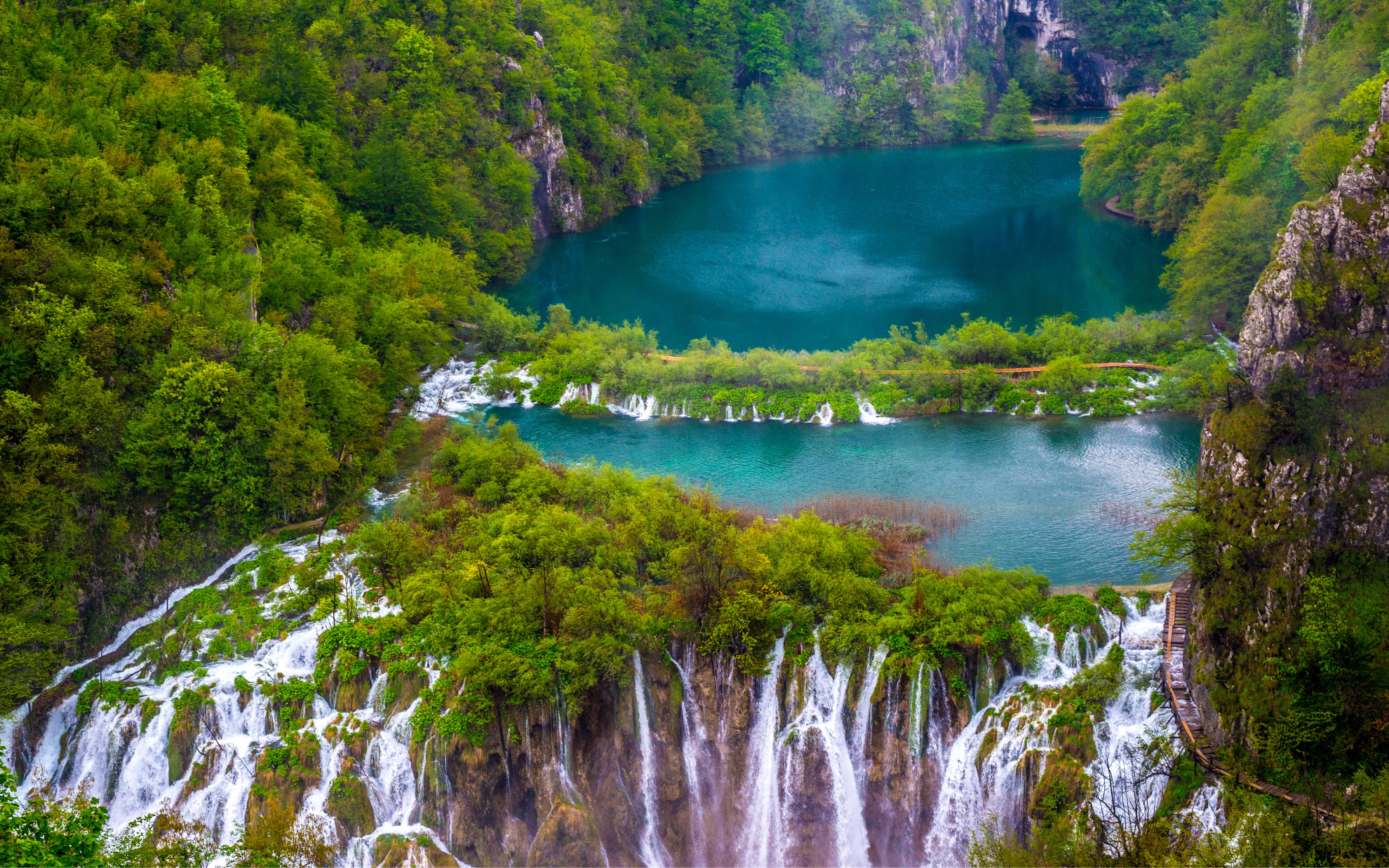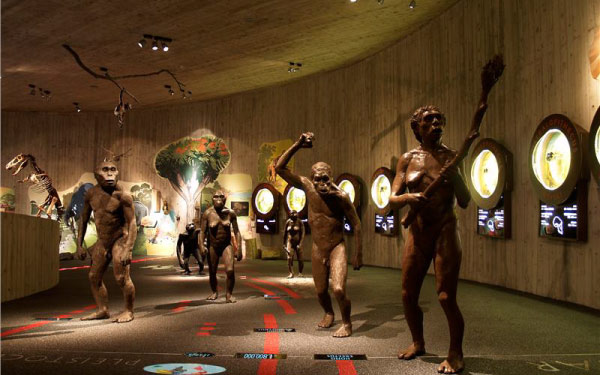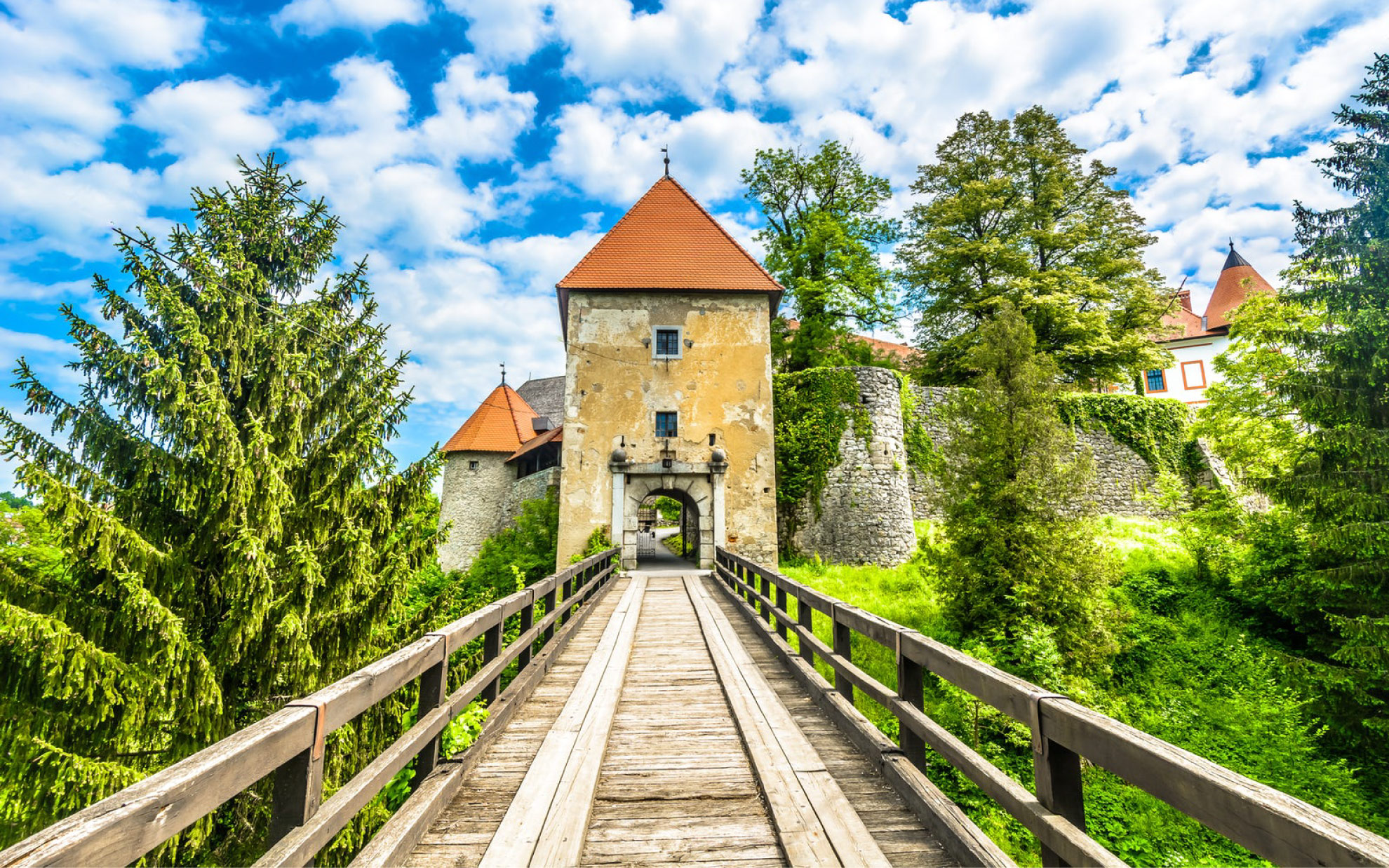Program & activities
Program
Day 1 – Opening day – 25/08/2025
OPENING DAY – 25/8/2025
Goal: To introduce participants with the state of road safety policies and strategies; to give insight into role of education in road safety.
Timetable:
- 9:00 – 10:00 – Registration
- 10:00 – 10:10 – Welcome speech of the Dean of the Faculty of Transport and Traffic Sciences (Assoc. Prof. Marko Šoštarić, Ph.D. – Faculty of Transport and Traffic Sciences, University of Zagreb, Croatia)
- 10:10 – 10:30 – Presentation of Faculty of Transport and Traffic Sciences and University of Zagreb (Vice Dean for Science and External Cooperation– Asst. Prof. Dario Babić, Ph.D.)
- 10:30 – 10:50 – Presentation of the summer school program (welcome note from the organizers)
- 10:50 – 11:00 – Coffee break
- 11:00 – 12:00 – Towards Zero Deaths in 2030: Building on the Foundations of the 1st UN Decade of Action for Road Safety – Part 1 (Brendan Halleman, Senior Road Safety Advisor, European Investment Bank EIB)
- 12:00 – 12:10 – Short break
- 12:10 – 13:10 – Towards Zero Deaths in 2030: Building on the Foundations of the 1st UN Decade of Action for Road Safety – Part 2 (Brendan Halleman, Senior Road Safety Advisor, European Investment Bank EIB)
- 13:10 – 13:40– Lunch break
- 13:40 – 14:40– Road safety strategies in EU (Antonio Avenoso, Executive Director European Transport Safety Council)
- 14:40 – 14:50 – Short break
- 14:50 – 16:10 – Role of education in road safety (Frank Mütze, Policy and Projects Manager European Transport Safety Council)
- 19:00 – Welcome dinner (costs included in the participation fee)
Goal: To get familiar with the programme, organizers, and the Safe System approach; to exchange insights on road safety challenges in other countries; to set the stage for international learning and collaboration.
Timetable:
-
- 9:00 – 10:00 – Registration
- 10:00 – 10:10 – Welcome speech of the Dean of the Faculty of Transport and Traffic Sciences (Assoc. Prof. Marko Šoštarić, Ph.D. – Faculty of Transport and Traffic Sciences, University of Zagreb, Croatia)
-
- 10:10 – 10:30 – Presentation of Faculty of Transport and Traffic Sciences and University of Zagreb (Vice Dean for Science and External Cooperation– Asst. Prof. Dario Babić, Ph.D.)
- 10:30 – 10:50 – Presentation of the summer school program (welcome note from the organizers)
- 10:50 – 11:00 – Coffee break
- 11:00 – 12:00 – Understanding the Safe System Approach – Part 1 (Asst. Prof. Dario Babić, Ph.D. – Faculty of Transport and Traffic Sciences, University of Zagreb, Croatia)
- 12:00 – 12:10 – Short break
- 12:10 – 13:10 – Understanding the Safe System Approach – Part 2 (Asst. Prof. Dario Babić, Ph.D. – Faculty of Transport and Traffic Sciences, University of Zagreb, Croatia)
- 13:10 – 13:40 – Lunch break
- 13:40 – 14:40 – Road Safety Across Borders: Insights from Participant Countries – Part 1 (participants)*
- 14:40 – 14:50 – Short break
- 14:50 – 16:10 – Road Safety Across Borders: Insights from Participant Countries – Part 2 (participants)*
- 19:00 – Welcome dinner (costs included in the participation fee)
*Participants need to prepare 2-3 slides about the road situation in their respected countries – road safety statistics, main causes of fatalities in road
Day 2 – Human Factor – 26/08/2025
VEHICLES DAY – 03/09/2024
Goal: To introduce participants to active safety and driver assistance systems for road vehicles; to familiarize participants with automated vehicle technologies; to provide a practical understanding of perception sensors for autonomous driving; to introduce participants to safety impacts of partially and fully automated and connected vehicles.
Timetable:
- 9:00 – 10:15 – Active safety and driver assistance systems for road vehicles (Vidas Žuraulis, Ph.D. – Faculty of Transport Engineering Vilnius Gediminas Technical University)
- 10:15 – 10:20 – Short break
- 10:20 – 11:05 – Automated vehicle technologies (Tomislav Mihalj, Ph.D. – Institute of Automotive Engineering, Graz University of Technology, Austria)
- 11:05 – 11:20 – Coffee break
- 11:20 – 12:05 – Perception sensors for autonomous driving with practical demonstration (Zoltan Ferenc Magosi, Ph.D. – Institute of Automotive Engineering, Graz University of Technology, Austria)
- 12:05 – 13:00 – Lunch break
- 13:00 – 14:15 – Reading the road ahead (Harald Mosböck – SWARCO AG – VP RMS Region Europe and President of European Union Road Federation – ERF)
- 19:00 – Guided tour of the City of Zagreb (costs included in the participation fee)
Goals: To introduce participants with key human factor aspects of road safety, including sensation & perception and attention in driving; to explore how persuasive communication can be used to influence risk-related cognitions and emotions in the context of sensitization-oriented multi-media campaigns.
Timetable:
-
- 9:00 – 10:30 – The role of sensation & perception in safe driving (Prof. Kris Brijs, Ph.D. – Transportation Research Institute, Hasselt University, Belgium: lecture)
- 10:30 – 10:40 – Short break
- 10:40 – 11:40 – The role of attention in safe driving (Prof. Kris Brijs, Ph.D. – Transportation Research Institute, Hasselt University, Belgium: lecture)
- 11:40 – 12:00 – Coffee break
- 12:00 – 13:00 – Persuasive communication and road safety sensitization: key-concepts, evidence for effectiveness and best practices (Prof. Kris Brijs, Ph.D. – Transportation Research Institute, Hasselt University, Belgium: guided online self-study)*
- 13:00 – 13:45 – Lunch break
- 13:45 – 14:45 – Strategies for message design: critical success parameters and illustrative examples (Prof. Kris Brijs, Ph.D. – Transportation Research Institute, Hasselt University, Belgium: interactive session)
- 14:45 – 15:00 – Short break
- 15:00 – 16:00 – Country-specific illustrations of road safety campaigns (Prepared and presented by summer school participants: interactive session)**
- Guided city tour (free)
*Participants need to bring their laptops to access the online materials
**Participants need to prepare the materials, i.e. illustrate (preferably by means of visual images and tv-trailers) how sensitization campaigns in their respective countries have tried to influence risk-related opinions & emotions road safety in the past.
Day 3 – Road and Environment – 27/08/2025
HUMAN FACTOR – 04/09/2024
Goal: To introduce participants with key aspects of road safety, including perception and attention in driving, the influence of personality on risky
behaviors, and distracted driving; to learn about the misuse of vehicle technologies and the importance of responsible usage; to show contemporary research methods related to eye tracking.
Timetable:
- 9:00 – 10:00 – The role of perception in safe driving (Prof. Kris Brijs, Ph.D. – Transportation Research Institute, Hasselt University, Belgium)
- 10:00 – 10:10 – Short break
- 10:10 – 11:10 – The role of attention in safe driving (Prof. Kris Brijs, Ph.D. – Transportation Research Institute, Hasselt University, Belgium)
- 11:10 – 11:25 – Coffee break
- 11:25 – 12:25 – The role of personality and other factors in risky driving (Prof. Kris Brijs, Ph.D. – Transportation Research Institute, Hasselt University, Belgium)
- 12:25 – 13:00 – Lunch break
- 13:00 – 14:00 – Distracted driving (Dr. Oscar Oviedo-Trespalacios – Delft University of Technology, The Netherlands)
- 14:00 – 14:10 – Short break
- 14:10 – 15:10 – Misuse of vehicle technologies and behavioral adaptation (Dr. Oscar Oviedo-Trespalacios – Delft University of Technology, The Netherlands)
- Free evening
Goals: To learn key principles of safe road design and to apply theoretical knowledge through group work; to gain insight into roundabout design and its safety effects in real-world traffic scenarios.
Timetable:
- 9:00 – 10:00 – Principles of Safe Road Design – Part 1 (Assoc. Prof. Ali Pirdavani, Ph.D. – Faculty of Engineering Technology, University of Hasselt, Belgium)
- 10:00 – 10:10 – Short break
- 10:10 – 11:10 – Principles of Safe Road Design – Part 2 (Assoc. Prof. Ali Pirdavani, Ph.D. – Faculty of Engineering Technology, University of Hasselt, Belgium)
- 11:25 – 12:25 – Principles of Safe Road Design – Group work – Part 1 (Assoc. Prof. Ali Pirdavani, Ph.D. – Faculty of Engineering Technology, University of Hasselt, Belgium)
- 12:25 – 13:00 – Lunch break
- 13:00 – 14:00 – Principles of Safe Road Design – Group work – Part 2 (Assoc. Prof. Ali Pirdavani, Ph.D. – Faculty of Engineering Technology, University of Hasselt, Belgium)
- 14:00 – 14:10 – Short break
- 14:10 – 15:10 – Roundabout designs and their safety effects – Part 1 (Assoc. Prof. Luka Novačko, Ph.D. – Faculty of Transport and Traffic Sciences, University of Zagreb)
- 15:10 – 15:20 – Short break
- 15:20 – 16:20 – Roundabout designs and their safety effects – Part 2 (Assoc. Prof. Luka Novačko, Ph.D. – Faculty of Transport and Traffic Sciences, University of Zagreb)
Free evening
Day 4 – Road and Environment – 28/08/2025
This is a placeholder tab content. It is important to have the necessary information in the block, but at this stage, it is just a placeholder to help you visualise how the content is displayed. Feel free to edit this with your actual content.
Goals: To understand the role of high-quality road markings and signs in road safety and their importance for automated and autonomous vehicles; to explore measurement methods, and to gain practical insight into the functioning and safety impact of traditional and smart traffic signal systems.
Timetable:
- 9:00 – 10:30 – Reading the road ahead (Harald Mosböck – SWARCO AG – VP RMS Region Europe and President of European Union Road Federation – ERF)
- 10:30 – 10:45 – Coffee break
- 10:45 – 11:45 – Importance of road markings and their quality on road safety – (Asst. Prof. Dario Babić, Ph.D. – Faculty of Transport and Traffic Sciences, University of Zagreb)
- 11:45 – 11:50 – Short break
- 11:50 – 12:50 – Importance of road signs and their quality on road safety – Part 1 (Prof. Darko Babić, Faculty of Transport and Traffic Sciences, University of Zagreb, Croatia)
- 12:50 – 13:30 – Lunch break
- 13:30 – 14:15 – Importance of road markings and signs their quality on road safety – Part 2 – Laboratory demonstration (Asst. Prof. Dario Babić, Ph.D. – Faculty of Transport and Traffic Sciences, University of Zagreb)
- 14:15 14:25 – Short break
- 14:25 – 15:00 – Presentation of measuring equipment for quality control of road markings and road signs (Prof. Darko Babić, Ph.D.; Asst. Prof. Dario Babić, Ph.D.; Mario Fiolić, Ph.D. – Faculty of Transport and Traffic Sciences, University of Zagreb, Croatia)
- 15:00 – 15:10 – Short break
- 15:10 – 16:00 – Basic concepts behind traffic lights (Slaviša Babić, Croatian Roads Ltd.)
- 16:00 – 16:10 – Short break
- 16:10 – 17:00 – Smart traffic light and road safety (Slaviša Babić, Croatian Roads Ltd.)
Day 5 – Road Safety Systems – 29/08/2025
ROAD SAFETY SYSTEMS – 06/09/2024
Goal: To extend participants’ knowledge of road safety elements and work zone protection; to familiarize participants with different road restrain systems; to introduce participants to safe road design for motorcyclists.
Timetable:
- 9:00 – 10:00 – Road Restraint Systems – The use of Crash cushions on forgiving highways (Fernando Ribeiro – Lindsay, The Netherlands)
- 10:00 – 10:10 – Short break
- 10:10 – 11:10 – Work Zone Safety – Temporary road marking, positive protection and TMAs (Fernando Ribeiro – Lindsay, The Netherlands)
- 11:10 – 11:25 – Coffee break
- 11:25 – 12:25 – Road Connect – Asset monitoring (Fernando Ribeiro – Lindsay, The Netherlands)
- 12:25 – 13:00 – Lunch break
- 13:00 – 14:00 – Smart Roadside Guardrails for Improved Road Safety — Case Study for Motorcyclist Safety (Darko Žvan – Micro-Link Ltd., Croatia)
- 14:00 – 14:10 – Short break
- 14:10 – 15:10 – Road design and motorcycle safety (Prof. Tomaž Tollazzi, Ph.D. – Faculty of Civil Engineering, Transportation Engineering and Architecture, University of Maribor, Slovenia)
- 15:10 – 15:20 – Short break
- 15:20 – 16:20 – Level Crossing: To Cross or Not to Cross? (Prof. Danijela Barić, Ph.D. – Faculty of Transport and Traffic Sciences, University of Zagreb)
- Free evening
Goal: To extend participants’ knowledge of road safety elements and work zone protection; to familiarize participants with different road restrain systems; to introduce participants to safe road design for motorcyclists; familiarize participants with road safety on level crossings.
Timetable:
- 9:00 – 10:00 – Road Restraint Systems – The use of Crash cushions on forgiving highways (Valeria Di Giacomo- Lindsay, The Netherlands)
- 10:00 – 10:10 – Short break
- 10:10 – 11:10 – Work Zone Safety – Temporary road marking, positive protection and TMAs (Valeria Di Giacomo – Lindsay, The Netherlands)
- 11:10 – 11:25 – Coffee break
- 11:25 – 12:25 – Road Connect – Asset monitoring (Valeria Di Giacomo – Lindsay, The Netherlands)
- 12:25 – 13:00 – Lunch break
-
- 13:00 – 14:00 – Smart Roadside Guardrails for Improved Road Safety — Case Study for Motorcyclist Safety (Darko Žvan – Micro-Link Ltd., Croatia)
- 14:00 – 14:10 – Short break
- 14:10 – 15:10 – Road design and motorcycle safety (Prof. Tomaž Tollazzi, Ph.D. – Faculty of Civil Engineering, Transportation Engineering and Architecture, University of Maribor, Slovenia)
- 15:10 – 15:20 – Short break
- 15:20 – 16:20 – Level Crossing: To Cross or Not to Cross? (Prof. Danijela Barić, Ph.D. – Faculty of Transport and Traffic Sciences, University of Zagreb)
Free evening
Day 6 – Crash Analysis – 30/08/2025
ROAD AND ENVIRONMENT – 07/09/2024
Goal: To familiarize participants with safety risks related to low visibility conditions; to extend participants’ knowledge of safe road infrastructure;
to evaluate the effect of different low-cost measures for traffic signaling on driver behavior and overall road safety; to familiarize participants with the basic concepts behind traffic lights.
Timetable:
- 9:00 – 10:00 – Importance of road markings and their quality on road safety – Part 1 (Prof. Darko Babić, Ph.D. – Faculty of Transport and Traffic Sciences, University of Zagreb)
- 10:00 – 10:15 – Coffee break
- 10:15 – 11:15 – Importance of road markings and their quality on road safety – Part 2 (Asst. Prof. Dario Babić, Ph.D. – Faculty of Transport and Traffic Sciences, University of Zagreb)
- 11:15 – 11:25 – Short break
- 11:25 – 12:25 – Importance of road signs and their quality on road safety – Part 3 (Andrija Novaković – 3M)
- 12:25 – 13:00 – Lunch break
- 13:00 – 14:00 – Importance of road markings and signs their quality on road safety – Part 4 – Laboratory demonstration (Andrija Novaković – 3M)
- 14:00 – 14:10 – Short break
- 14:10 – 15:10 – Presentation of measuring equipment for quality control of road markings and road signs (Assoc. Prof. Darko Babić, Ph.D.; Asst. Prof. Dario Babić, Ph.D.; Mario Fiolić, Ph.D. – Faculty of Transport and Traffic Sciences, University of Zagreb, Croatia)
- 15:10 – 15:20 – Short break
- 15:20 – 16:20 – Basic concepts behind traffic lights (Slaviša Babić, Croatian Roads Ltd.)
- 16:20 – 16:30 – Short break
- 16:30 – 17:30 – Smart traffic light and road safety (Slaviša Babić, Croatian Roads Ltd.)
- Free evening
Sunday 08/09/2024
Optional extracurricular activities:
- Excursion to Plitvice Lakes National Park
- Excursion to Zagorje County, visit to Baroque castles, visit to Krapina Neanderthal Museum
- Excursion to cities of Karlovac and Ozalj
*Costs of optional extracurricular activities are not included in the participation fee
Goal: To explore the role of event data recorders in traffic accident analysis; to introduce participants to impact of vehicle technical inspections on road safety; to introduce participants to the Black Spot Identification; to show participants a real crash test at a test site.
Timetable:
- 09:00 – 10:00 – Traffic accidents analysis using data from Event Data Recorder (Assoc. Prof. Željko Šarić, Ph.D. – Faculty of Transport and Traffic Sciences, University of Zagreb)
- 10:00 – 10:15 – Coffee break
- 10:15 – 11:15 – Impact of vehicle technical inspections on road traffic safety (Prof. Goran Zovak, Ph.D. – Center for Vehicles of Croatia / Faculty of Transport and Traffic Sciences, University of Zagreb)
- 11:15 – 11:30 – Coffee break
- 11:30 – 12:30 – Black Spot Identification through Road Safety Inspection and Crash Analysis (Assoc. Prof. Željko Šarić, Ph.D. – Faculty of Transport and Traffic Sciences, University of Zagreb)
- 12:30 – 13:30 – Lunch break
- 13:30 – 14:30 – Crash test
- Free evening
Day 7- Optional extracurricular activity – 31/08/2025
CRASH ANALYSIS – 09/09/2024
Goal: To introduce participants to the methodologies of road crash analysis and expert evaluation based on actual data obtained in a crash test.
Timetable:
- 09:00 – 10:00 – Traffic accidents analysis using data from event data recorder (Assoc. Prof. Željko Šarić, Ph.D. – Faculty of Transport and Traffic Sciences, University of Zagreb)
- 10:00 – 10:10 – Short break
- 10:10 – 11:10 – Impact of vehicle technical inspections on road traffic safety (Prof. Goran Zovak, Ph.D. – Center for Vehicles of Croatia / Faculty of Transport and Traffic Sciences, University of Zagreb)
- 11:10 – 11:25 – Coffee break
- 11:25 – 12:25 –Will be available soon
- 12:25 – 13:50 – Lunch break
- 14:00 – 14:30 – Crash tests
- 14:30 – 15:30 – Traffic accident reconstruction with PC Crash – Part 1 (Tomislav Kučinić, MSc. Traff. Eng. – Faculty of Transport and Traffic Sciences, University of Zagreb)
- 15:30 – 15:40 – Short break
- 15:40 – 16:40 – Traffic accident reconstruction with PC Crash – Part 2 (Tomislav Kučinić, MSc. Traff. Eng. – Faculty of Transport and Traffic Sciences, University of Zagreb)
- 16:40 – 16:50 – Short break
- 16:50 – 17:20 – Traffic accident reconstruction with PC Crash – Part 3 (Tomislav Kučinić, MSc. Traff. Eng. – Faculty of Transport and Traffic Sciences, University of Zagreb)
- Free evening
FREE DAY – Sunday 31/08/2025
Day 8 – Road Safety Inspection – 01/09/2025
ROAD SAFETY INSPECTION – 10/09/2024
Goal: To familiarize participants with the process of “black spots” identification based on a Croatian case study; to familiarize participants
with the basic concepts and regulations related to road safety inspection in the EU and with the overall road safety inspection process; to introduce participants with basics of crash modification factors and importance of surrogate safety measures
Timetable:
- 09:00 – 10:00 – Black spots: Croatian case studies (Slaviša Babić, MSc. Eng. – Croatian Roads, Ltd.)
- 10:00 – 10:10 – Short break
- 10:10 – 11:10 – iRAP – experience with road safety assessment worldwide (Assoc. Prof. Marko Ševrović, Ph.D. – Faculty of Transport and Traffic Sciences, University of Zagreb, Croatia)
- 11:10 – 11:25 – Coffee break
- 11:25 – 12:25 – Road safety impact assessment (Assoc. Prof. Marko Šoštarić, Ph.D. – Faculty of Transport and Traffic Sciences, University of Zagreb, Croatia)
- 12:25 – 13:00 – Lunch break
- 13:00 – 14:00 – Crash modification factors (Prof. Carmelo D’Agostino, Ph.D. – Lund University, Sweden)
- 14:00 – 14:10 – Short break
- 14:10 – 15:10 – Surrogate Safety Measures – Part 1 (Andrew P. Tarko, Ph.D. – Purdue University, USA)
- 15:10 – 15:20 – Short break
- 15:20 – 16:20 – Surrogate Safety Measures – Part 2 (Andrew P. Tarko, Ph.D. – Purdue University, USA)
- Free evening
Goal: To explore key aspects of road safety through case studies; to learn how to apply crash modification factors, to assess safety performance, to understand the framework of road safety audits; to gain insights into global practices through the iRAP assessment methodology.
Timetable:
- 09:00 – 10:00 – Black spots: Croatian case studies (Slaviša Babić, MSc. Eng. – Croatian Roads, Ltd.)
- 10:00 – 10:10 – Short break
- 10:10 – 11:10 – Crash modification factors (Prof. Carmelo D’Agostino, Ph.D. – Lund University, Sweden)
- 11:10 – 11:25 – Coffee break
- 11:25 – 12:25 – How to measure safety? – (Attila Borsos, Ph.D. – University of Győr, Hungary)
- 12:25 – 13:00 – Lunch break
- 13:00 – 14:00 – Basic Framework for Road safety audits & inspection (Assoc. prof. Attila Borsos, Ph.D. – University of Győr, Hungary)
-
- 14:00 – 14:10 – Short break
- 14:10 – 15: 10 – First-hand experiences of road safety audits (Assoc. prof. Dániel Miletics, Ph.D. – University of Győr, Hungary)
- 15:10 – 14:20 – Short break
- 14:20 – 16:00 – iRAP – experience with road safety assessment worldwide (Assoc. Prof. Marko Ševrović, Ph.D. – Faculty of Transport and Traffic Sciences, University of Zagreb, Croatia)
Free evening
Day 9 – Road Safety Inspection – Field Work – 02/092025
ROAD SAFETY INSPECTION – FIELD WORK – 11/09/2024
Goal: To use the knowledge acquired in theoretical lectures to conduct a road safety inspection on a real road; to identify potential safety issues and discuss potential solutions based on group work.
Timetable:
- 09:00 – 13:00 – Road Safety Inspection – field work (Juraj Leonard Vertlberg, MSc. Traff. Eng.; Marko Švajda, MSc. Traff. Eng. – Faculty of Transport and Traffic Sciences, University of Zagreb, Croatia)
- 13:00 – 13:30 – Lunch break
- 13:30 – 16:30 – Road Safety Inspection – Group work on a case study – Part 1 (Juraj Leonard Vertlberg, MSc. Traff. Eng.; Marko Švajda, MSc. Traff. Eng. – Faculty of Transport and Traffic Sciences, University of Zagreb, Croatia)
- 20:00 – Gala dinner (costs included in the participation fee)
Goal: To use the knowledge acquired in theoretical lectures to conduct a road safety inspection on a real road; to identify potential safety issues and discuss potential solutions based on group work.
Timetable:
- 09:00 – 13:00 – Road Safety Inspection – field work (Juraj Leonard Vertlberg, MSc. Traff. Eng.; Marko Švajda, MSc. Traff. Eng. – Faculty of Transport and Traffic Sciences, University of Zagreb, Croatia)
- 13:00 – 13:30 – Lunch break
- 13:30 – 16:30 – Road Safety Inspection – Group work on a case study – Part 1 (Juraj Leonard Vertlberg, MSc. Traff. Eng.; Marko Švajda, MSc. Traff. Eng. – Faculty of Transport and Traffic Sciences, University of Zagreb, Croatia)
20:00 – Gala dinner (costs included in the participation fee)
Social activities
What kind of summer would it be without a lot of fun?
DAY 2
(26/08/2025)

Guided tour of the City of Zagreb
(costs included in the participation fee)
Day 9
(02/09/2025)

Gala dinner
(costs included in the participation fee)
Optional extracurricular activities
You will also have a lot of time to explore and enjoy Croatia. Here are some suggestions for things to do!
Visit Plitvice Lakes
The largest protected nature area in Croatia, and a favorite tourist destination. Plitvice Lakes National Park offers visitors a walk through a landscape of unique and unforgettable beauty. The heart of the National Park consists of low turquoise lakes and beautiful waterfalls.

Visit Krapina Neanderthal Museum
Ever since its opening on February 27, 2010, the Krapina Neanderthal Museum has been lauded as one of the best places to visit in Croatia. The topic of neanderthals is interesting in its own right, and the museum presents it in a very unique and attention-grabbing way.

Visit Karlovac and Ozalj
Start your day in Ozalj, the town of the Frankopan and Zrinski families, by visiting the Ozalj Homeland Museum. You can also go to the Old Town of Ozalj, which has a 6000-year history. In the immediate vicinity is a beautiful hydroelectric power plant called Munjara, which was built in 1906 and produces electricity.

If you’re looking for more ideas visit feel free to check out the Zagreb tourist board, or learn more about your destination
(costs of optional extracurricular activities are not included in the participation fee)


